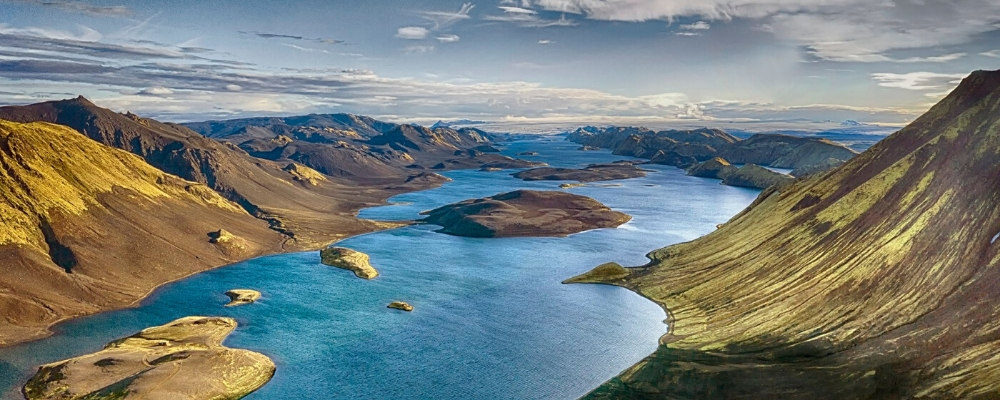
The blog below is an extract from Matthieu Ricard’s book Altruism. If you would like to deepen your reading experience, we invite you to have a look at the entire book, which you can get from there: https://www.matthieuricard.org/en/books.
The way of life of this individualist minority—often the most rich—is such that its ecological footprint is disproportionately large compared to the rest of the population. A person’s ecological footprint is defined as the area of land required to supply him with food and habitat, the energy required for his movements. These movements are linked to an individual’s consumption and waste management, as well as the emissions (greenhouse gases and pollutants) for which he is responsible. If one were to divide the total area of Earth’s biologically productive land by the number of its inhabitants, each person would have around 1.8 hectares. Yet the average ecological footprint is currently 2.7 hectares per person in the world, proof that we are living beyond our global means. These ecological footprints vary according to living standards: the average American’s is 8 hectares; it is 6 hectares in Sweden; 1.8 hectares in most parts of Africa; and 0.4 hectares in India. Stephen Pacala of Princeton University has calculated that the best-off, those who represent 7% of the global population, are responsible for half the world’s CO2 emissions, while the poorest 50% only emit 7%, a negligible amount for 3.5 billion people. The richest 7%, who moreover enjoy the best means for protecting themselves against pollution, benefit at the expense of the rest of the world.
There certainly exist, among those with great fortunes, people who are generous and determined to strive for a better world, but they remain the minority. Today, the lifestyle of the wealthiest compromises the future prosperity of humanity and the well-being of the biosphere.
We must act, but it is not enough to economize by simply insulating our homes better, employing solar or geothermic energy, using appliances that consume less electricity, etc. It appears that people who make these kinds of savings often end up spending more money traveling, for example, or enjoying other activities and purchases that bring about—directly or indirectly—greenhouse gas emissions and various other forms of pollution. We must therefore not only save energy, but also live more modestly and stop associating moderation with dissatisfaction.
Some countries have succeeded in meeting this challenge. Japan, for example, consumes half as much energy per capita than European Union countries, and three times less than the United States. This is due to the fact that it has to import a great deal of its energy, making it more expensive. High energy prices have had a salutary effect on consumption, without doing any harm to the country’s prosperity or competitiveness at the international level. To the contrary, these limitations have stimulated innovation and the development of businesses that are less energy-intensive, particularly in the field of new technology.